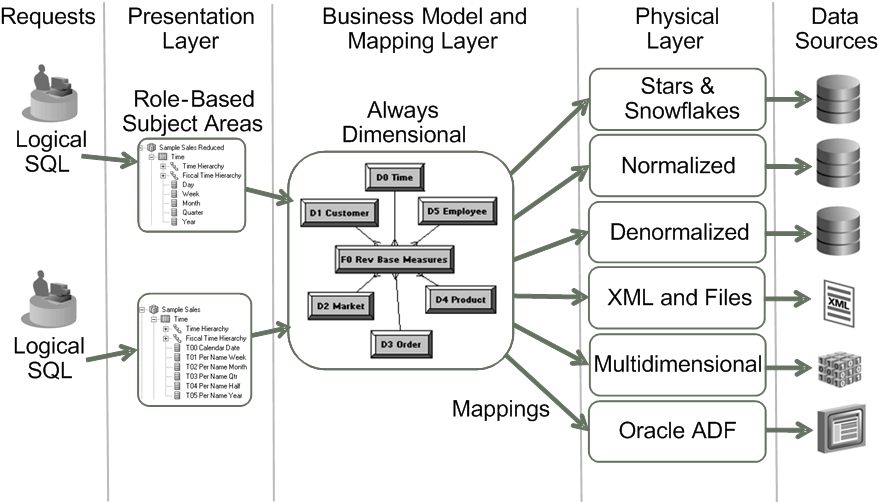

The Republic Act 10088, also known as the “Anti-Camcording Act of 2010”, prohibits and penalizes the unauthorized use, possession, illegal recording, distribution and selling of unauthorized cinematographic films and other audio-visual works or their soundtracks in an exhibition facility, providing penalties therefore and other purposes. To protect the rights of creators and their intellectual properties, the government has established laws, created different organizations, and works with other organizations as well. The worst thing is that these pirates earn money from works that they do not own.
#Gideros set logical dimension for free
You can access or download movies for free and without hassle. People don’t need to buy tickets to watch in a cinema and spend a lot of money. A lot of people even support piracy for the reason that it’s efficient. Also, the easy accessibility of technologies to websites that has access to films is very evident which is why piracy has been growing more popular these days. Here in the Philippines, the film piracy in the form of CDs or DVDs that is being sold in the public markets is commonly evident and the reproduction of it in the public markets that is sold at cheaper prices is very rampant. It is occurring in the works of people such as music, videos, films, and photographs. It is the unauthorized use and distribution of another author’s work.

The act of using someone's work without the permission of its rightful owner and distributing them for an advantage to gain financially which is considered a crime is called piracy. As the title of Esperanto implies, the theme of language is also prominent here, and that serves as yet another way in which the Kraftwerk philosophy is turned on its head, most notably in the title track: Bringing on some slightly younger talent is not only a nod towards keeping up with the times, but also another jab at the legacy of Kraftwerk, who refused to collaborate with any other musicians, and at times even seemed loath to acknowledge how the art of electronic music had evolved in their wake. Like Manteuffel, McCluskey is a younger synth-pop artist whose career began in the 1980s, making music that owed quite a lot to what Kraftwerk had achieved before. You probably noticed that the vocalist on this track is actually not Bartos-it’s Andy McCluskey, best known as the frontman of Orchestral Manoeuvres in the Dark. Whereas “TV” is more overtly downbeat, “Kissing the Machine” takes the route of dramatic irony, going for an eerily cheerful, naive sort of sound, painting its narrator as utterly oblivious to what they’re missing out on. “Kissing the Machine” is also a sort of rebuttal of Kraftwerk tracks like “Computer Love,” demonstrating the pitiful perversion it really is to expect human, emotional fulfillment from a cold and sterile mechanical contraption.


 0 kommentar(er)
0 kommentar(er)
